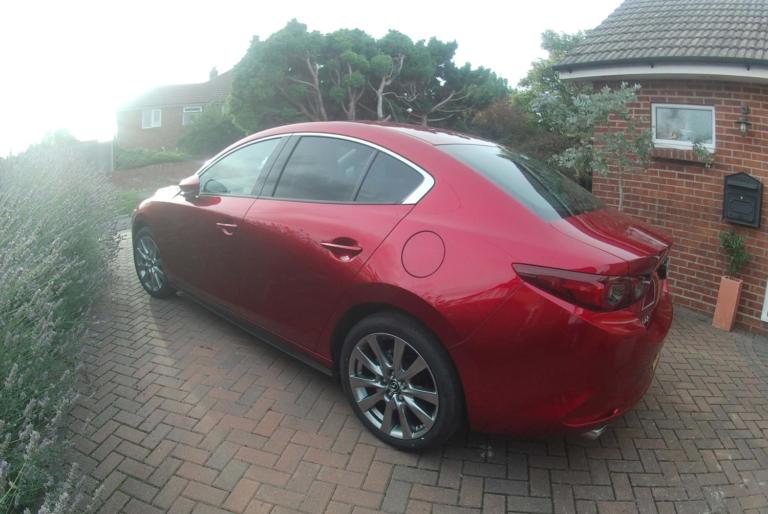77% of people in Yorkshire and Humberside if asked ‘how they are?’ by a friend, family member or colleague would respond ‘fine thanks’, positive findings right? Perhaps not, as the survey was asked under the circumstances that they weren’t, that they were struggling with mental health difficulties. Despite or possibly because of this worrying statistic opportunity has offered us a chance; it’s time to change the way we all think about mental health.
“I’ve pretended to be fine when I’m not more times than I can remember! It’s been very difficult coming to terms with my depression but what I’ve found most helpful is talking about it and having supportive people round me.”
David Allen, 34, from South Yorkshire has experienced depression as a result of a diagnosis of ADHD
The survey, which was taken out nationally and included over 2,000 people, also went on to ask why, and feedback suggested that those asking didn’t want to deal with the truth. 43% said ‘I’d only talk if I was confident my friend or family member really wanted to listen’, a further 49% said ‘Just because people ask how you are, doesn’t mean they really want to know and sadly 51% said ‘I don’t want to burden people.’
Despite the huge leaps forward made over the last five years in ending mental health stigma, people are still losing the invisible battle. The truth is that everybody is ‘fine’ the first time you ask them, it’s a passing comment, an instinctive mimic or a learnt mannerism, a question not really asked and therefore never truly answered. But Time to Change, a campaign run by MIND and Rethink Mental Illness is pushing through and past dated social boundaries because it will take all of us to really make a difference. And it’s a simple solution; ask twice.
The campaign’s belief is that by asking twice, allows those who might be struggling to understand that you are listening and that it’s more then a passing interest. To help, the campaign has compiled some helpful notes.
- Take it seriously, don’t judge
- Actively listen – ask open questions, summarise to show you’ve listened and reflect.
- Remember you don’t have to fix it
- A simple “that sounds difficult” can show you care
Mental health is blind to who it inflicts, it has no profile, or soft spot, it’s not got a thing for him or her, rich or poor, funny or dour. And we all know somebody who has struggled, perhaps even if we don’t know yet. And if asking twice, three times, daily, weekly, via text, on the phone, over a cuppa or in the pub helps, we’ve got no excuse not to.
“Just the simple action of really asking people how they are, more than once if necessary, can make a world of difference to their day – or week, or even whole life.”
David Allen, 34 from South Yorkshire











Add a comment